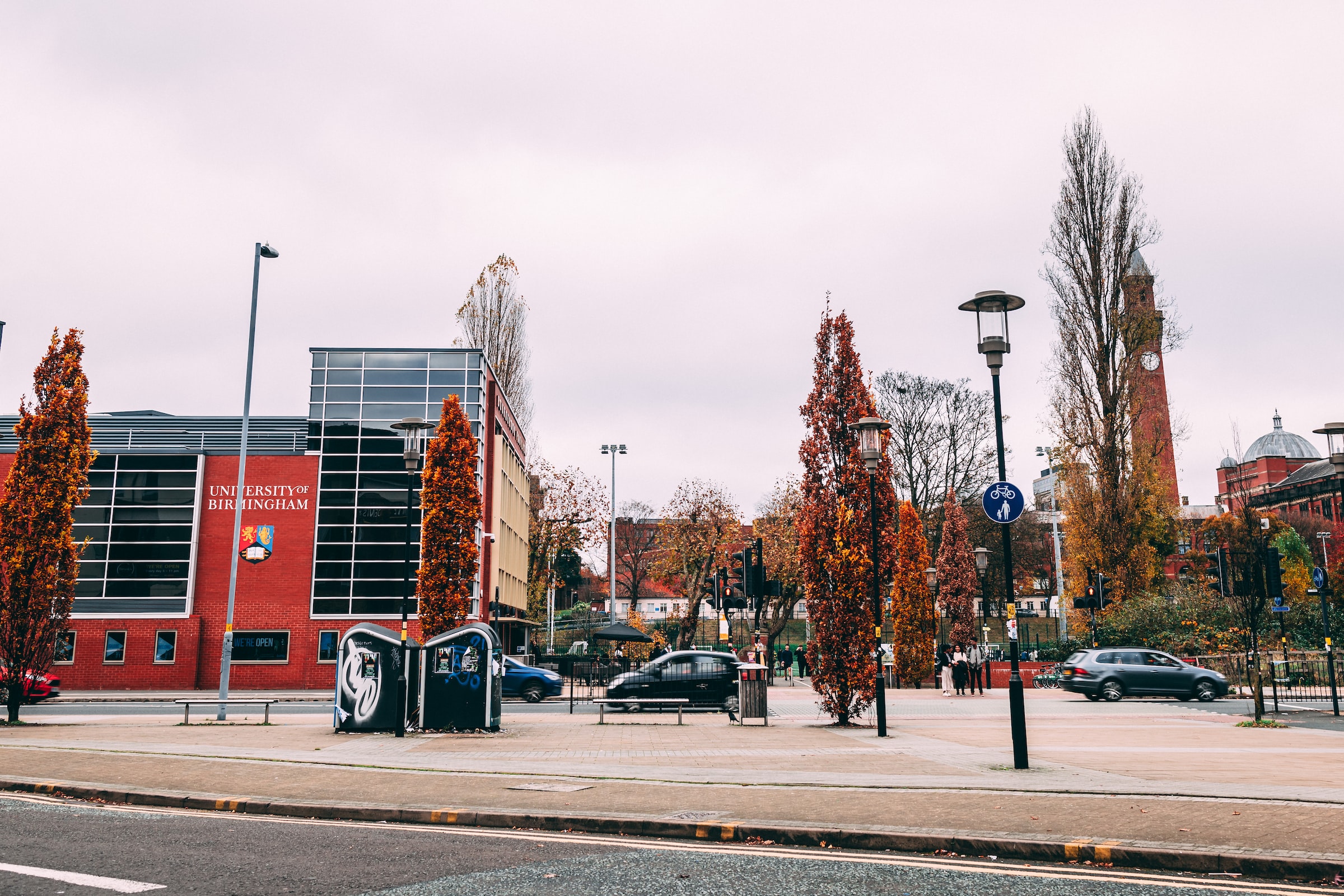
Comment Writer Danielle Murinas criticises the recent anti-lockdown protests, arguing that they devalue the medium of protests as a way of drawing attention to important issues
On the 16th May a mass gathering of protestors gravitated to Hyde Park in London to challenge lockdown, on the grounds that it was violating their human rights, resulting in several arrests. Protestors carried placards labelling coronavirus a “fake pandemic” and the lockdown a “tyrannical” move of the state. None saw it fit social distancing, nor wear protective face coverings, and the few who did seem to be doing so for the benefit of the reporters that were filming them.
With nearly one-hundred people gathered, this was the largest anti-lockdown protest in the UK. People chose to go against the ruling of the government, and advice from medical authorities to protest against a decision that was made for their safety. This was at the same as the nations’ death toll surpassed 36,000, a number which has now reached above 39,000. But this did not seem to deter people, who maintained the conspiracy theory that the pandemic was linked to 5G technology or a biomedical weapon.
This is not a phenomenon solely seen in the UK, with protests in this country falling short of those reached in America. Several US states saw anti-lockdown protests, including a gathering of 2,500 people in Olympia, Washington and hundreds of people creating a car gridlock around the capitol building in Phoenix, Arizona. Other protests took place in Germany, Brazil and Chile, all protesting against the lack of freedom that lockdown brings. Other motives were of a more economical standpoint, arguing that forcing businesses to short down was negatively impacting citizens financially, and affecting national unemployment levels.
This mass objection, unlike the powerful protests in history, from black lives matter movements to pride protests, was a protest against a decision that was a matter of life-saving safety. Social distance regulations are in place to stop the spread of COVID-19, and to lessen the pressure on the NHS rather than an act of tyranny. Social distance regulations are in place to stop the spread of COVID-19, and to lessen the pressure on the NHS rather than an act of tyranny
I am not anti-protest, rather the opposite, but protests such as these undermine the act and reiterate the view that people will take to the streets to protest about anything. Through following conspiracy theories and ignoring safety, people are taking attention away from acts that require protesting as a form of activism. Protest marches campaigning against unequal pay, racial injustice and workers rights will be placed side by side with anti-lockdown individuals in the name of ‘protest’. For these issues, protest is an end decision, taken when a matter is so great and urgent that it requires direct action.
Anti-lockdown protests are not campaigning against an urgent injustice that is able to be, and should be changed, but rather against a global pandemic that has killed thousands of people across the globe. The decision of lockdown was taken to protect the vulnerable and to keep nations safe. The decision of lockdown was taken to protect the vulnerable and to keep nations safe
Of course, some protestors would have genuine concerns of the cost of lockdown, such as the risk to them financially or the unemployment levels, which are important issues. But these genuine concerns were tarnished by being placed alongside conspiracists and people demanding haircuts. Significant issues should of course be tackled, but in a safe manner, separate from those who tarnish the importance of protest.
Comments